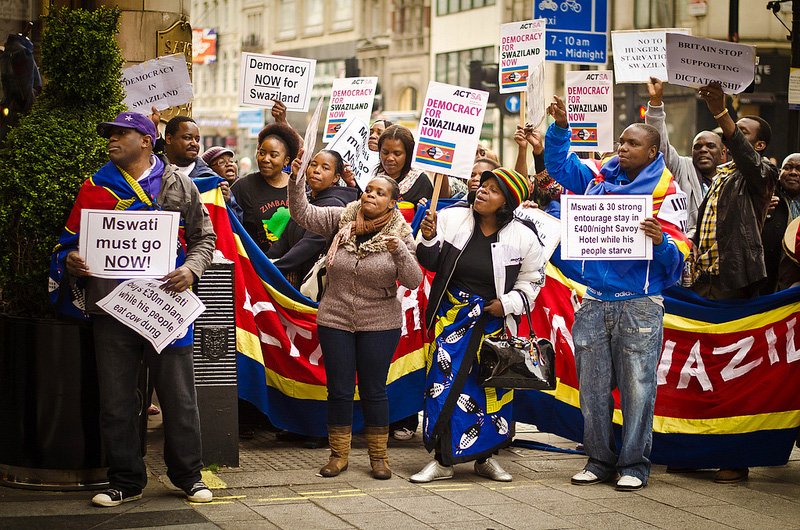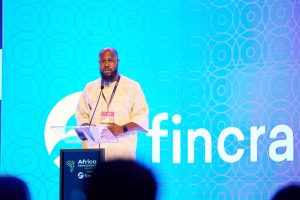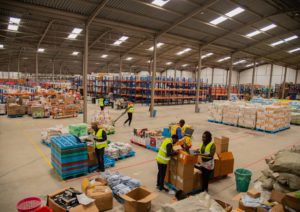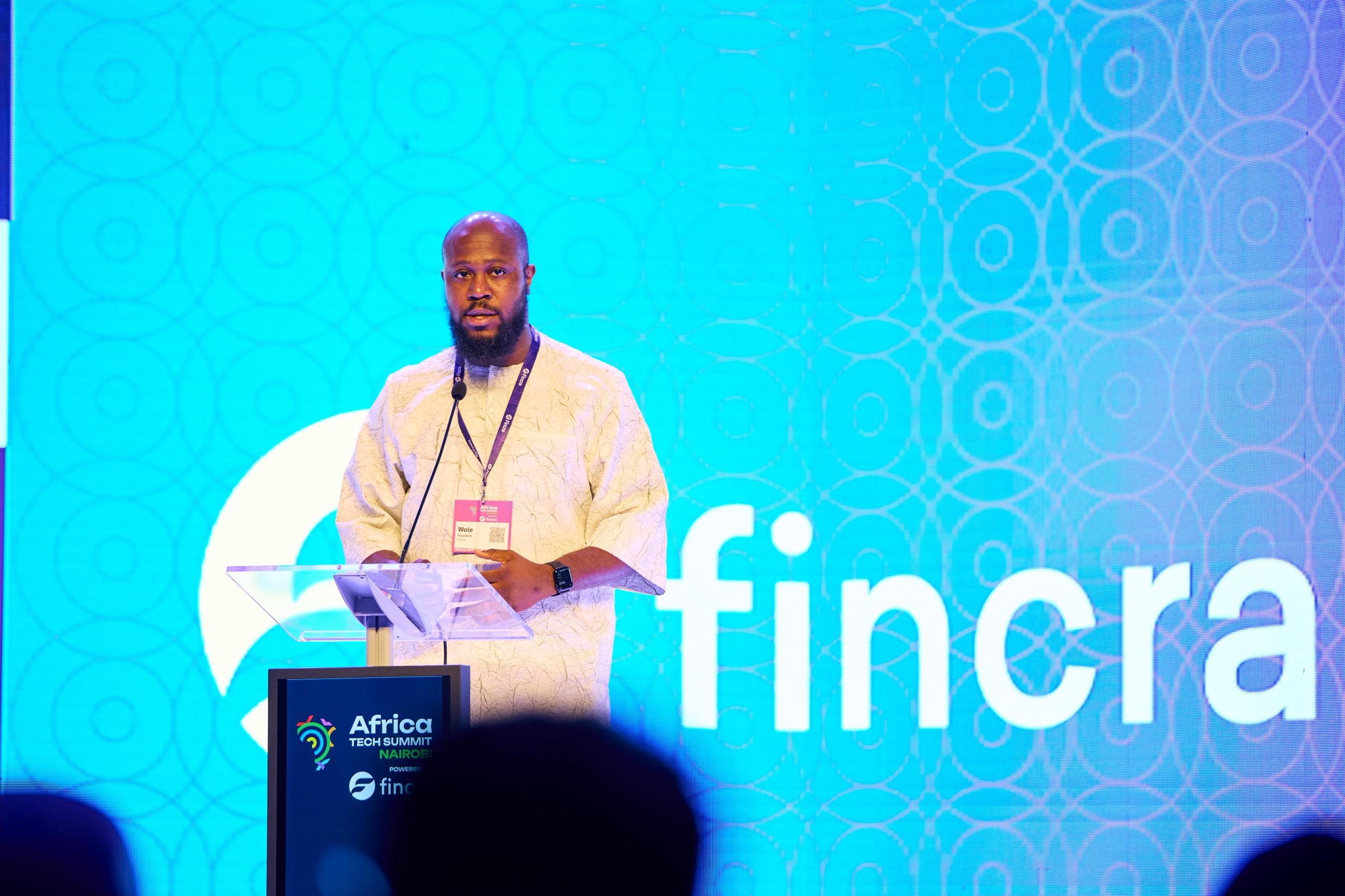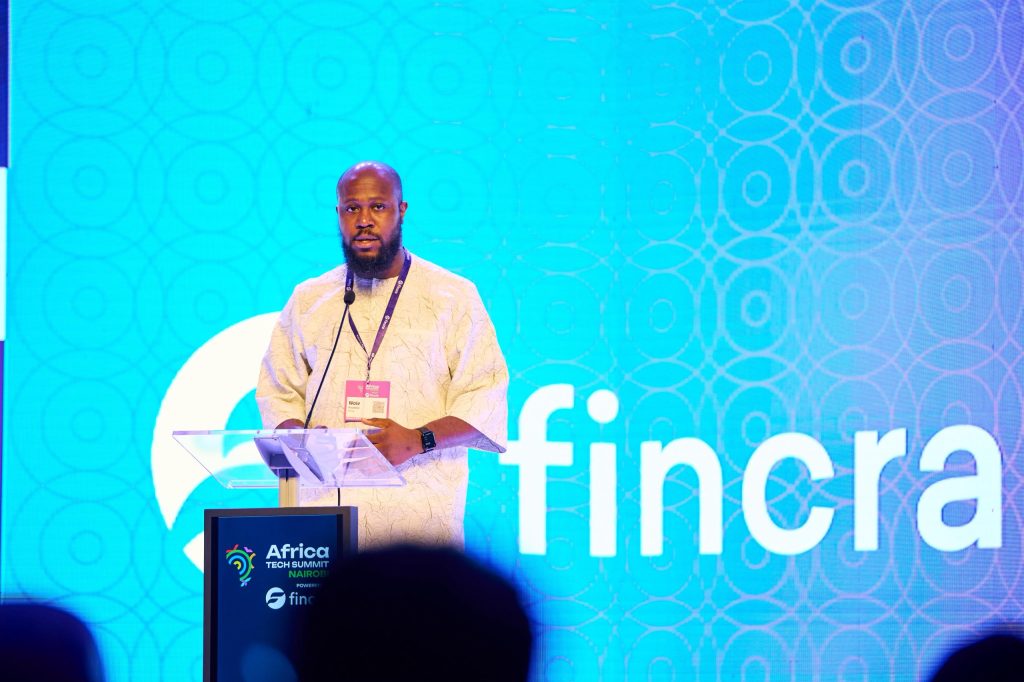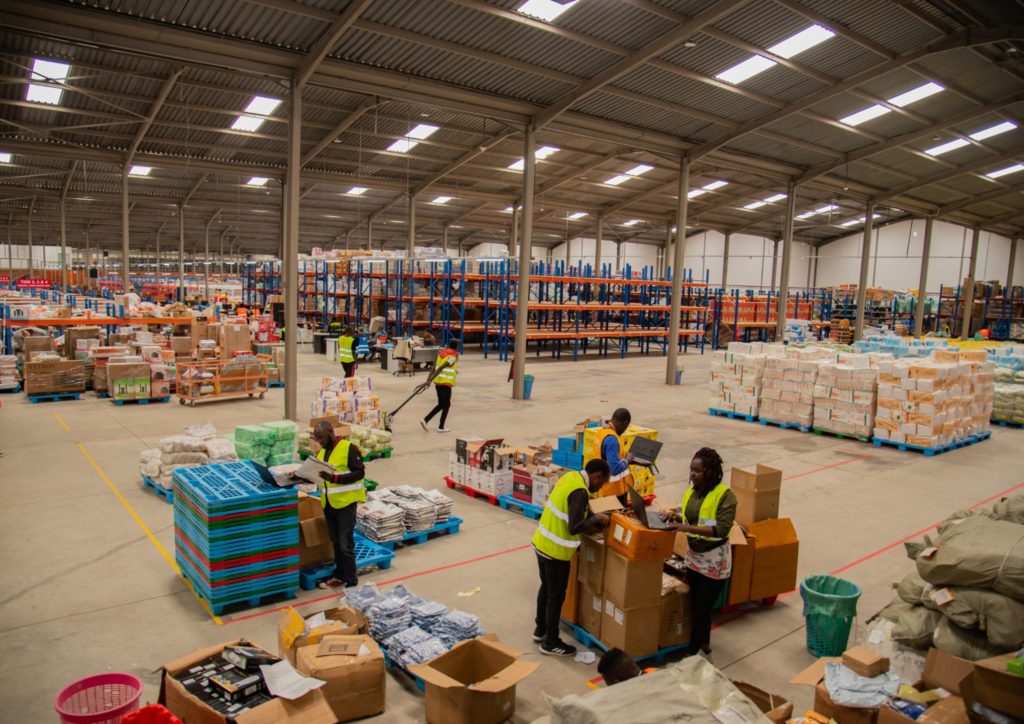In a fashion typical of African governments, authorities in the Kingdom of Eswatini have ordered network providers in the country to cut off access to the internet as a nationwide protest continues to rock the small southern African kingdom.
Demonstrations demanding reforms to the country’s absolute monarchy started during the weekend and things turned violent overnight on Tuesday as security forces fired gunshots and tear gas to disperse protesters, multiple reports show.
Activists in the country are demanding democratic reforms and the lifting of bans on all opposition parties. They have said they will intensify demonstrations against the government, which have been on for four consecutive days now.
Videos of people burning tires, throwing stones at cars, and barricading streets in cities like Manzini and Matsapha have also been circulating on social media.
At least seven people have been critically injured and one person reportedly killed from the clash between the police and demonstrators on Tuesday night, according to Amnesty International.
A dusk-till-dawn curfew (6 pm to 5 am) has been imposed as part of efforts to quell the spate of protests, with schools suspended and businesses ordered to close by 3:30 pm. Banks have also closed up until the unrest subsides.
And in addition to these, the government has blocked the internet, according to several reports.
Over the past few years, Africa has been plagued by social media and internet shutdowns in the run-up to elections and in response to protests or dissent.
Between January 2020 and February 2021, internet and social media blackouts were imposed in Uganda, Chad, Tanzania, and Ethiopia. Nigeria restricted access to Twitter on June 4, albeit under different circumstances.
Internet blocks on the continent prevent access to social media sites such as Facebook, Instagram, and Whatsapp. In what is a worrying trend, local activists and international observers note that these blocks curtail the democratic right of freedom of speech and expression.
Anger against Africa’s last absolute monarch
A former British protectorate, Eswatini is Africa’s last absolute monarchy and one of the few remaining in the world. King Mswati III has ruled by decree for more than three decades, with unfettered political power over his 1 million people.
The royal family has come under fire for their lavish spending while most inhabitants, who are subsistence farmers, live below the poverty line. Crowned in 1986 when he was just 18, the king currently has 15 wives who occupy several state-funded palaces.
The small landlocked country changed its name from Swaziland in 2018, a move that was seen as a step towards democracy. However, King Mswati III has reportedly been running a repressive government, with several reported cases of human rights abuse, and consistently evaded years-long calls for meaningful democratic reforms.
Despite anger towards Mswati over the years, demonstrations have not been commonplace in Eswatini. This is because the kingdom has continually stifled dissent and protests, as well as banned political parties from participating in parliamentary elections since 1973. Still, the 53-year-old monarch has denied being an autocrat.
Several opposition leaders and activists were arrested in 2019, the same year when civil servants in the country went on several strike actions, accusing the monarch of draining public coffers at the expense of his subjects.
The series of crackdowns has done little to discourage anti-monarchy sentiment among the people as they continue to demand a democratic government that will serve their interests. This culminated in the ongoing anti-monarchy demonstrations in many parts of the country.
Amid the protests, reports say the king has fled to neighbouring South Africa although Eswatini’s acting Prime Minister, Themba Masuku, denied the claims on Tuesday. It’s unclear at the moment what the situation is in the country but the internet shutdown is only likely to worsen the crisis.
Did you enjoy reading this article? Please fill out this survey. We need your feedback to help us introduce content you will find useful.









